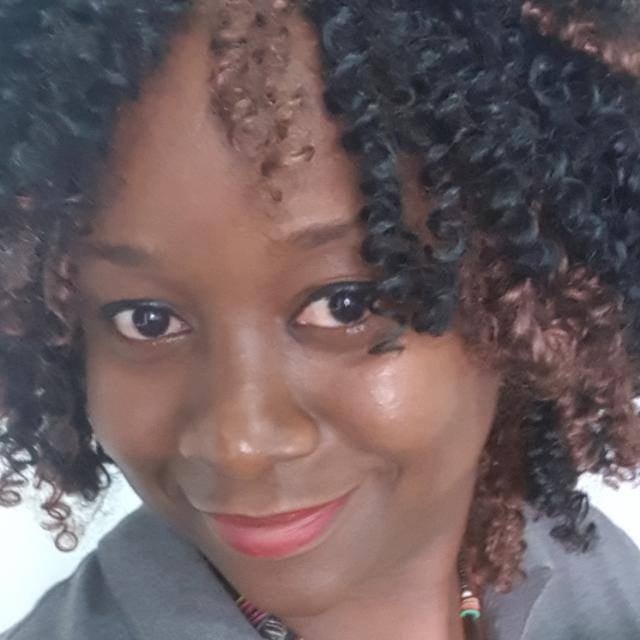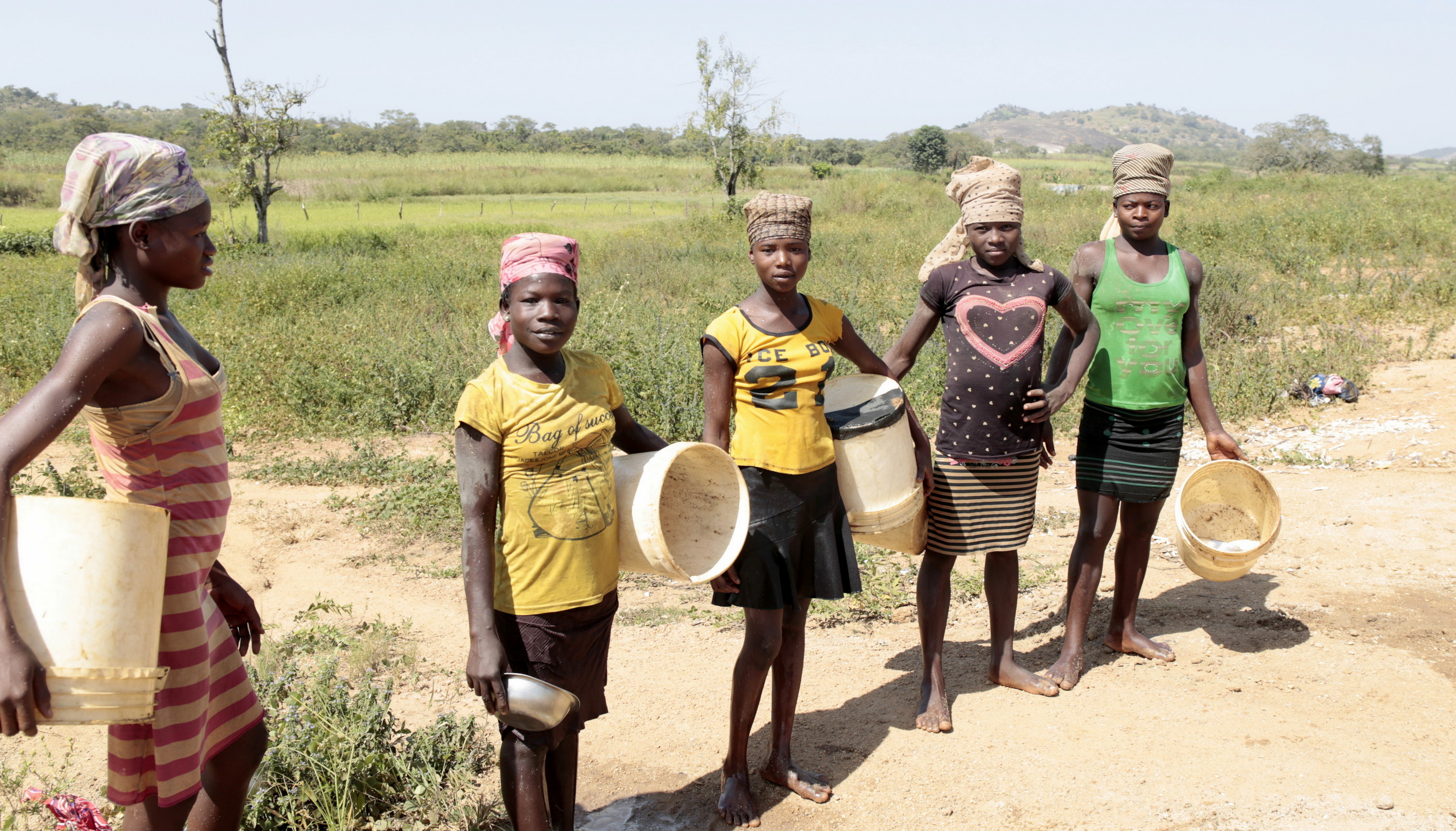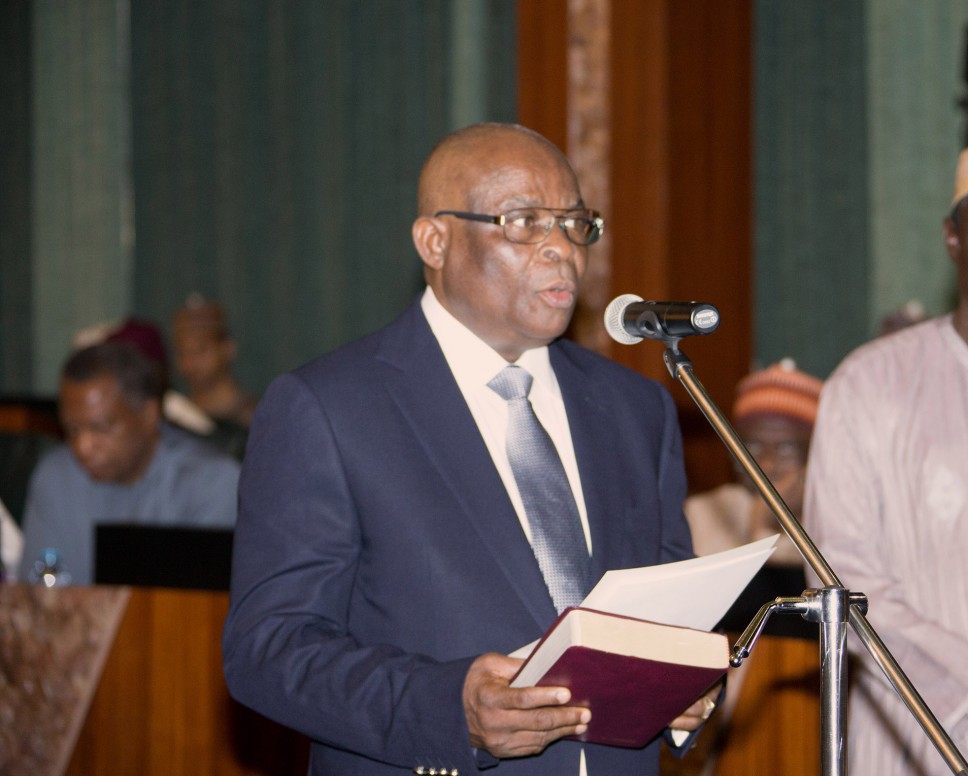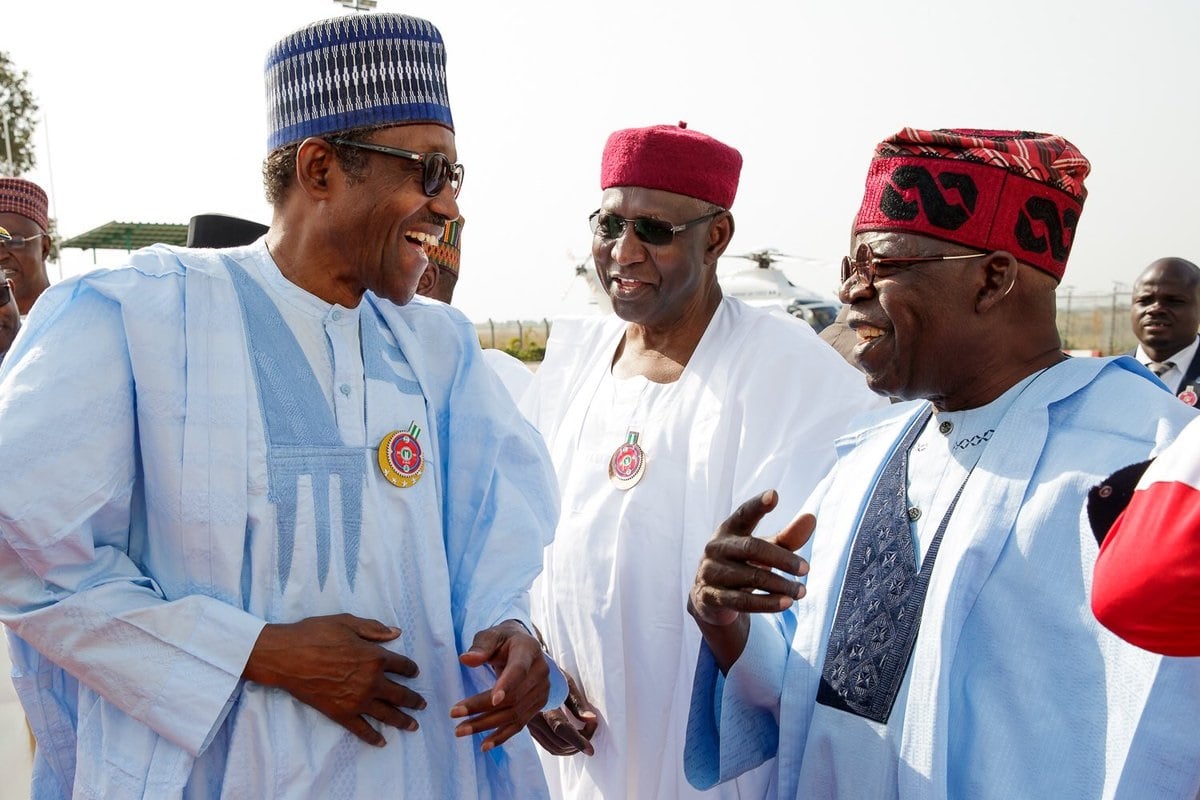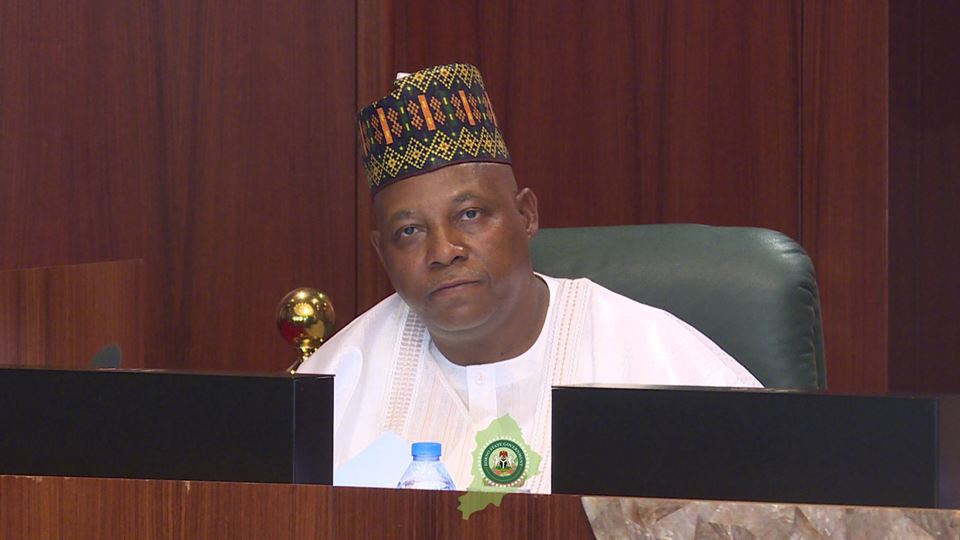Being female in Nigeria can be considered an extreme sport, with women and girls perpetually playing the odds in a game where the house is rigged to win.
For over 30 years, Nigeria has paid lip service to the protection and promotion of the rights of women and girls. Past governments have said one thing, hurriedly signing international treaties, but failing (woefully) to domesticate them. These treaties include the Convention on the Elimination of all Forms of Discrimination Against Women (CEDAW), in 1985 under military rule, the African charter on Human and People’s Rights, touted as the most continent friendly, yet progressive document on women’s rights, which the African Union adopted in 2003 and Nigeria ratified in 2004.
This lip service has had and continues to have severe consequences for women across the country, and even in the diaspora.
A few years ago, a video of three women who had stolen pepper in a market in Ejigbo, Lagos Statesurfaced; not because they had been handed over to the market authorities or law enforcement, but because they had been stripped naked, beaten within an inch of their lives, and men stuffed sticks, and ground, dried pepper into their vaginas. One of those women died. A lot of initial outrage and arrests, shock, and heavy sentences later, the matter has died without any logical conclusion that will deter re-occurrence.
Advertisement
In 2010, a former employee of the National Drug Law Enforcement Agency accused the agency of firing her because she refused to abort her baby, contravening their law that forbids unmarried women from being pregnant. Her application to the agency to marry the father of her child had been denied, even though she had put in the required two years of service before marriage.
Still within security circles, the Nigerian Police Act is rife with discriminatory provisions for women who wish to enlist. They must be unmarried, and then apply to the Police Commissioner of their Command for permission to marry. It gets worse; an unmarried woman police officer that gets pregnant will be discharged from the force, yet nothing is said about the man who impregnates the woman.
Until 2014 and the historical judgment by the Supreme Court, Igbo Customary Law barred the female child, irrespective of the circumstances of her birth, from inheriting or partaking in the sharing of the property and estate of her father.
Advertisement
It begs the question, what does Nigeria have against women and girls? What reason could ever suffice for the delays in immediately halting the various manifestations of discrimination against half of the population?
How does a nation that purports to uphold the Constitution thrive in the absence of the full actualisation of the International Covenants of Human Rights enshrined in that same Constitution? Instead, it whips up the National Gender Policy, which in itself is a decent collation of the national and international treaties the government has signed up to, but without any legal backing, is as toothless and ineffective as those get.
Enter the Gender and Equal Opportunities Bill, popularly known as the #GEOBill, an appropriation the best parts of CEDAW, the African Union Protocol on the Rights of Women and the National Gender Policy.
The #GEOBillhas suffered many refusals in the hands of an increasingly and predominantly male legislature that refuses to prioritise the rights and protection of women. The 6th Assembly threw it out for being ‘unAfrican’. The Bill was defeated in March 2016, and a second, watered down version thrown out in September 2016, for ‘going against our traditional and religious’ practices.
Advertisement
Which practices? Is one of them marrying children, which some legislators are wont to do? Verified statistics place underage marriage in Nigeria between 43 and 45 percent, in a country with the highest number of out of school children in the world.
These legislators couldn’t be bothered to form a quorum on the 9th of December 2016 for the Bill to be presented for public hearing, and in 2018, two dates for public hearing on the Bill were postponed. What does Nigeria have against women and girls? What does the Legislature have against the protection of women and girls, and the promotion of their rights to self-actualisation in Nigeria?
The 8th Assembly, and the Assemblies before them, have failed women. They will go down in ignominy as sitting within the chambers that denied women their rights to thrive in Nigeria as equal, deserving members of society.
We hope that the 9th Assembly will pass the #GEOBill, treating it with the urgency that it has lacked, but by Jove, it totally deserves.
Advertisement
Agwuegbo, a communication strategist, is founder of TechHerNG, a community of learning, support, and collaboration for women in technology.
Advertisement
Views expressed by contributors are strictly personal and not of TheCable.
Add a comment
